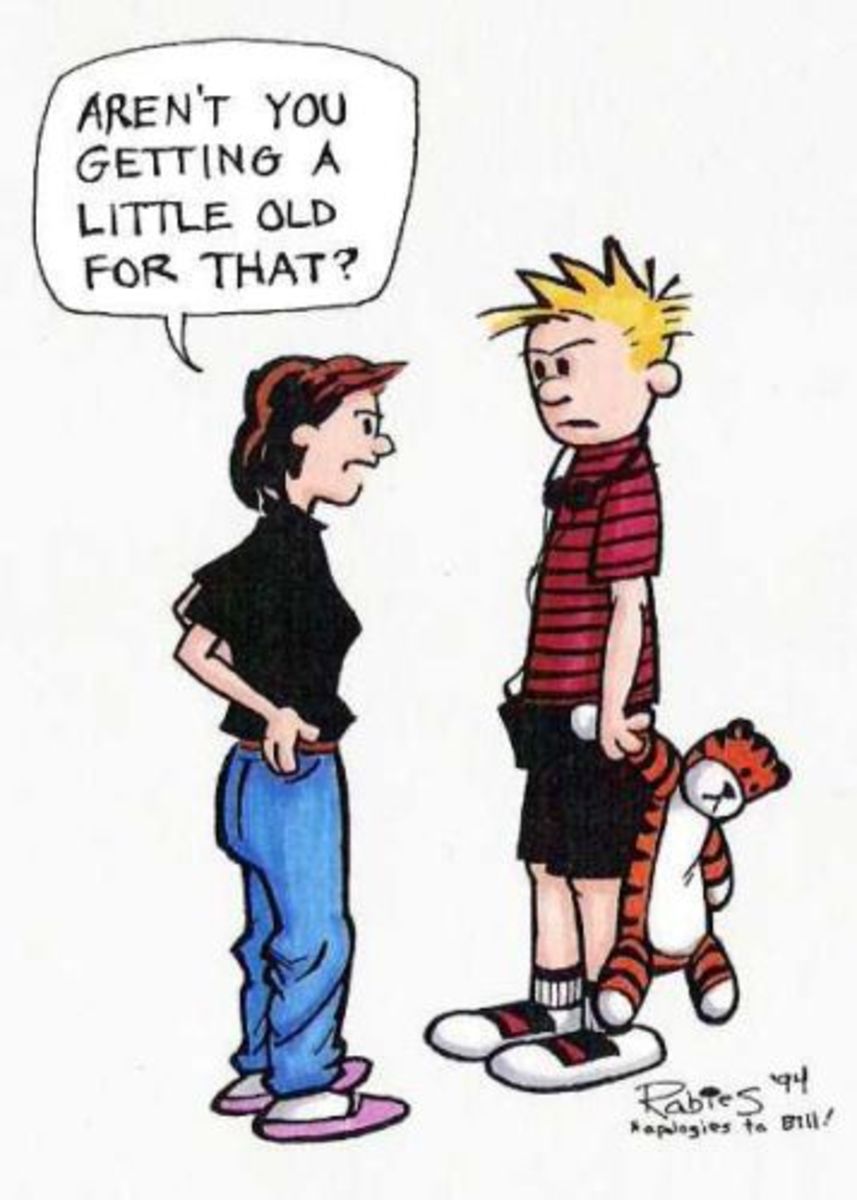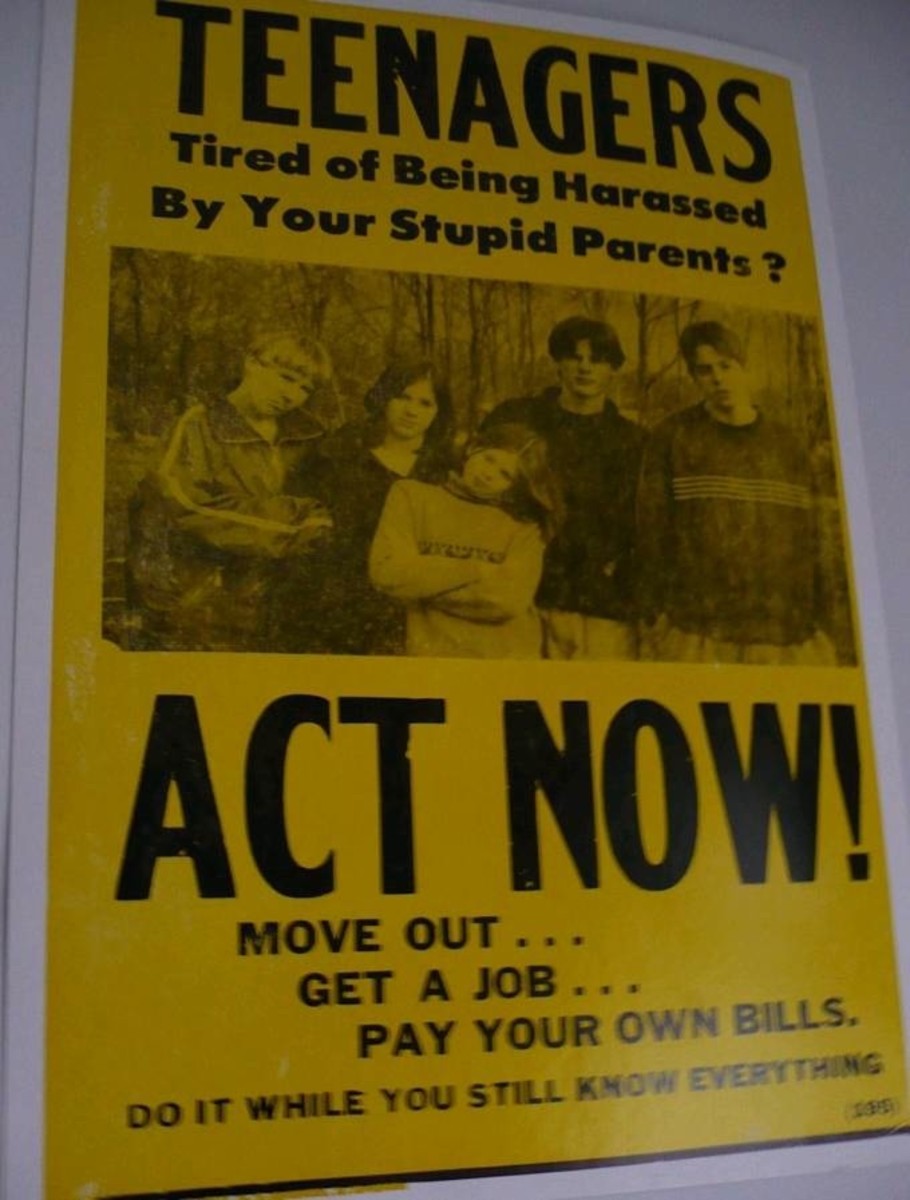Smoking and teenagers

Facts about smoking
Everybody knows how dangerous smoking is. There is no controversy about the facts. Studies have confirmed and proven the link between smoking and cancer, pulmonary disease and chronic heart disease. Each year, smoking kills 4 million people around the globe, 1 person every 8 seconds. 10 million cigarettes are sold per minute, more than 105 billion every week. According to an estimate, 1 in 3 adults smokes, with over 1.2 billion people smoking worldwide.
But it's not only about the adults. Among young teens, aged 13 to 15, about 1 in 5 smokes worldwide. Every day between 80,000 and 100, 000 children worldwide start smoking. And around 50% of those who start smoking in adolescent years go on to smoke for 15 to 20 years.
Half of long-term smokers will die from tobacco. Every smoked cigarette cuts at least 5 minutes of life on average - about the time taken to smoke it.
Smoking is the single largest preventable cause of disease and premature death. It is a prime factor in heart disease, stroke and chronic lung disease. It can cause cancer of the lungs, larynx, esophagus, mouth, and bladder, and contributes to cancer of the cervix, pancreas, and kidneys.
More than 4,000 toxic or carcinogenic chemicals have been found in tobacco smoke.
Why do teenagers start smoking?
They are young, beautiful, handsome, strong, fearless, but most of all, in their mind, they're invulnerable to accidents and illnesses. Most of them believe "it can't happen to me." Their mind has a short term perspective at this age. Old age is so far off in the future that no health threat feels real to them.
It's not their fault that they think this way. It's actually normal. Their brain is still developing; they don't have an "adult mind" yet, they have a "teenage mind". The main difference between the two is that the teenage brain or mind reacts, whereas the adult brain or mind asks and considers options. The teenage mind tends to be very reactive and extremely non-rational. The adult mind doesn't just react; it thinks, asks questions, looks at options and makes conscious choices.
If you were to look at a graph that shows when most smokers start smoking, you might be surprised to see that nearly everyone who starts smoking starts between ages 13 through 18. A few start as early as age 11 and another few start between ages 18 and 22, but hardly anyone starts smoking after the age 22 or 23! Seemingly, no adult in his right adult mind ever makes the decision to smoke after this age. Why is that? Because of the way the mind matures and thinks and because adults are better equipped to mentally cope with pressure. And if an adult does start smoking after 23, he does so because he is still using his teenage mind.
Here's another important question: If no adult using his adult brain would ever start smoking, why then do you see millions of adults smoking everywhere you go?
The reason is simple: Every adult smoker started smoking as a teenager (or before the age of 23 anyway) because of a juvenile decision made by a teenage brain. And once he starts - surprise!! - addiction takes over. Once you're addicted, it's impossible to stop. And that's the only reason you see adult smokers. No one in his right mind would smoke if he didn't have to. But cigarettes are highly addictive so adults have to smoke.
Many adult smokers will admit that every time they smoke they think back and wish they never started. And every adult smoker will agree that a person who doesn't smoke shouldn't start.
Those adults who do quit, do so through extreme effort. But even then they are constantly fighting to stay that way for the rest of their lives.
So why do teens smoke? There are many factors that influence a teenage mind to try to smoke. The most common, however, are these:
- The power of role models Teens are most influenced by other kids close in age or slightly older, including siblings. Therefore, a person whose best friends or older siblings smoke is much more likely to try smoking. In some cases, this is because the person looks up to his friends or family members and wants to be like them.
- The need for social acceptance and peer pressure Teens often seek approval and acceptance from their peers. A strong motivator to start smoking is a feeling of being left out, so teens start to smoke just to fit in with the crowd. Often they feel encouraged and pressured or even teased and taunted into smoking. Teens also want to fit in with peer groups they admire-the "cool" kids-and many of them will do what "cool" kids do. Some teens believe that smoking makes them more popular, "cool", attractive, sexy or rugged.
- To reduce stress Teens are anxious about their appearance, their feelings, and their roles. They also must continuously deal with their emerging sexuality, independence and personal values. All this uncertainty and vulnerability, as well as the attempts of establishing their own independent identities generate complex emotional, physical and psychological turbulence in their day to day lives. Presence or absence of adequate, non-drug ways of coping with various mood issues (feeling tense, sad, angry, bored, etc.) increases the inclination to use tobacco to change their mood. Many teens report they smoke because it makes them feel better when they're under stress; when they're tense, angry or anxious.
- Rebellion and the pursuit of independence Many teens use tobacco to rebel against society and its conventions. Others smoke to defy their parents and their wishes. The more adults in position of authority (such as parents, teachers, doctors, scientists) condemn cigarettes, the more attractive they become to certain teenagers who tend to defy authority.
- The attraction to risk and sense of invulnerability Teens are more likely to engage in high-risk behaviors and do forbidden things than other age groups. Because they typically feel strong, fearless, and invulnerable to accidents and illnesses, they often feel that nothing bad will happen to them. The belief that a few cigarettes can't hurt, coupled with the conviction of not being addicted, makes them disregard the long-term effects of smoking and makes them think they could quit at any time.
- Curiosity It's not uncommon for teens to try smoking just out of curiosity. "Wanted to know what it feels like" is often stated as a reason for trying to smoke a cigarette.
Are all teens equally vulnerable to falling for cigarettes? The answer is no. Some are more likely to succumb to smoking temptation than others. (After all, when you look at the worldwide statistics from the other point of view, 4 out 5 teenagers DON'T smoke!) But whether they choose to smoke for social, emotional or physical benefits (the energy boost, for example), a few common traits that put them at a higher risk for doing it are:
- Low self-esteem, and consequently more vulnerability to peer pressure (can't refuse the offer of a cigarette)
- Low academic accomplishment
- Few or no goals for the future
- Low socioeconomic status
How do teens say NO to smoking? They need to learn to resist negative peer pressure by building and maintaining good old healthy self-esteem. If they feel comfortable with peers, if they can establish and maintain close, meaningful friendships, and if they can act as leaders, rather than followers, then they can consider themselves socially competent individuals who are less needy for peer acceptance, and therefore less willing to engage in health-compromising behaviors in order to be accepted or popular. In other words, they have the tools to say "no."
What they need to develop and work on, if they lack them, are their social skills (listed above) and resistance skills (resisting peer pressure by being assertive, sticking to their guns, standing up for themselves and their beliefs, expressing their thoughts and feelings and making free choices without violating the rights of others. Sometimes avoiding getting into situations where the pressure will be intense helps, as well).









